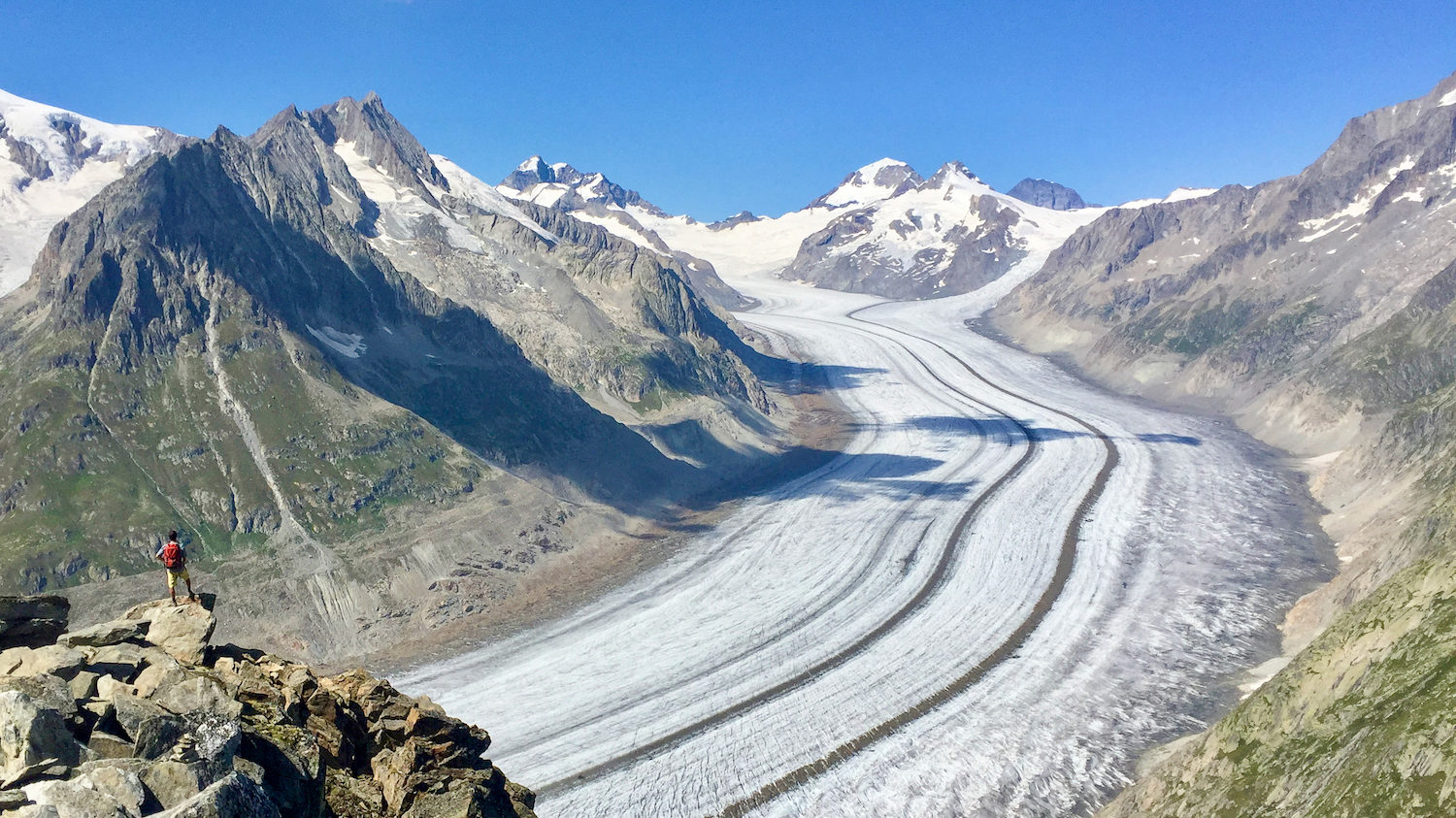Tourism on major Alpine glacier sites in the age of climate change
Début du projet : Between 2015 and 2019Glacier tourism encompasses practices and sites that are economically, symbolically and culturally important for mountain regions. Current climate change and the rapid glacial retreat it is inducing are threatening the existence of these sites, some of which are hundreds of years old. The aim of this doctoral thesis is to examine the evolution of major Alpine glacier tourism sites in the face of climate change.
 © Emmanuel Salim
© Emmanuel Salim
Six major sites have been selected in France, Switzerland and Austria to carry out field surveys along two lines. The first involves stakeholders in the areas concerned, and aims to understand how climate change is impacting tourist activities around glaciers, and how stakeholders are adapting to these changes. A geo-historical approach also enables us to understand how the latter have adapted to glacial fluctuations since the end of the Little Ice Age (1850).
A second focus is the impact of glacial retreat on visitors to the sites. Quantitative and qualitative surveys are used to study visitor motivations and the development of “last chance tourism” around glaciers. The aim is also to understand how landscape changes are perceived by visitors. Finally, we’ll be looking at how visiting glaciers can have an impact on awareness of environmental change, and on the adoption of behaviours designed to protect the environment.
In connection with his work, Emmanuel Salim co-wrote, with Christophe Gauchon and Ludovic Ravanel (Edytem), the article Voir la glace. Tour d’horizon des sites touristiques glaciaires alpins, entre post et hyper-modernités in the Revue de géographie alpine.
Latest news
Show all25 September 2024 | Agenda
The Alps at the International Geography Festival
The 35th edition of the International Geography Festival will take place from October 4 to 6, 2024 in the Vosges on the theme of Lands,…
Thesis Autriche Ecrins Mont-Blanc Suisse Climate and ecological transitions Culture and heritage Tourism and recreational practices

